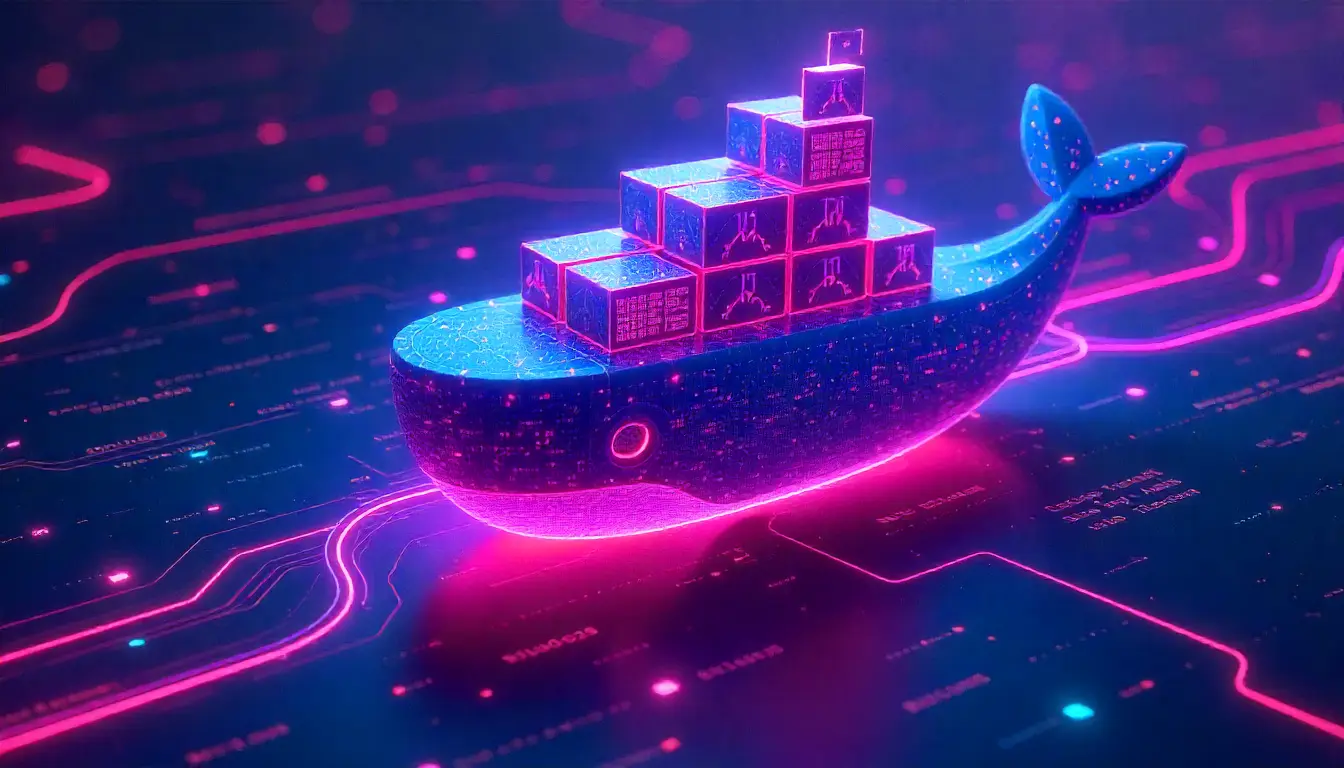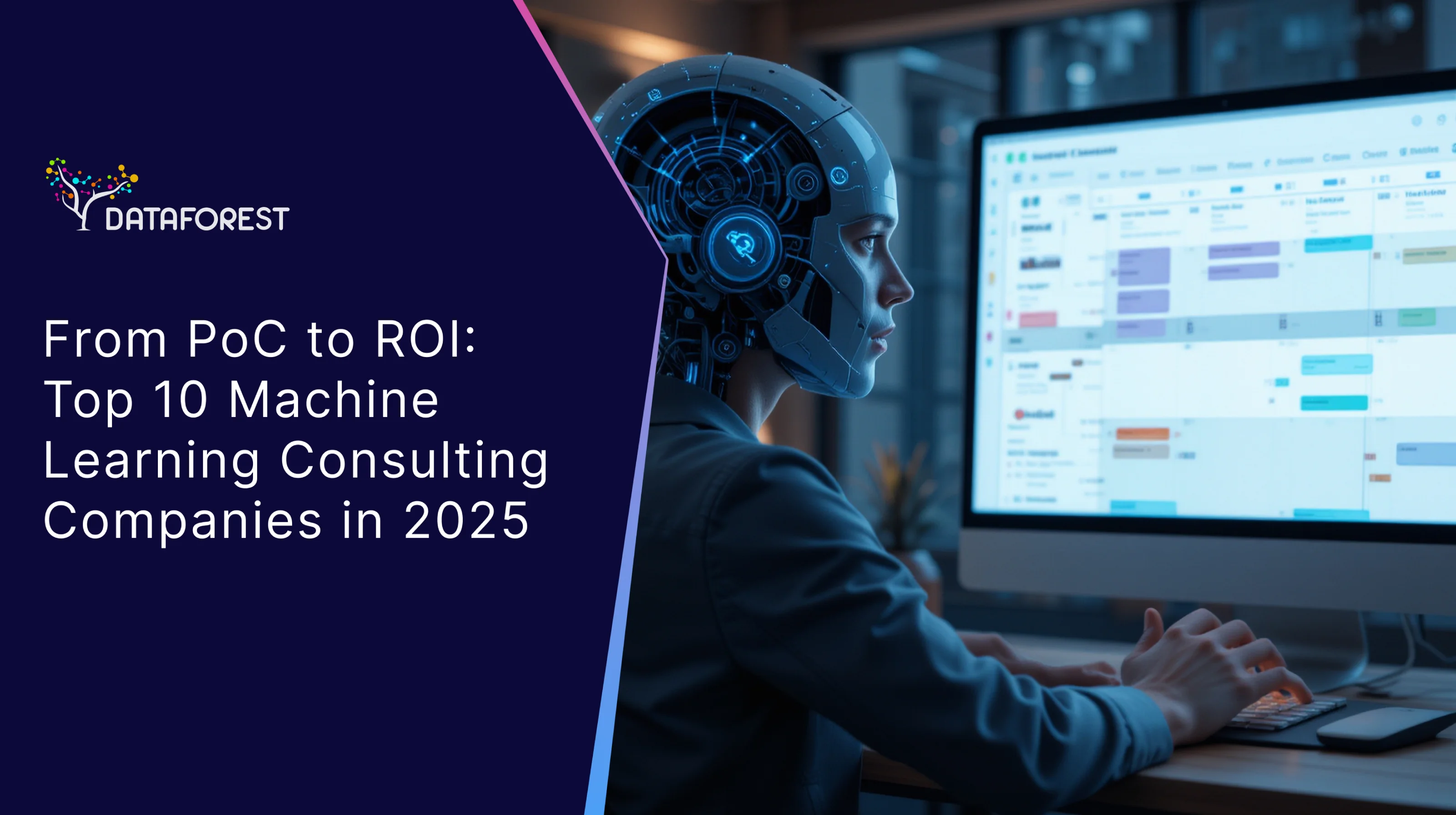Share
Table of contents:
Docker is an open-source platform that automates the deployment of applications inside lightweight and portable containers. Docker provides an additional layer of abstraction and automation of operating-system-level virtualization on Windows and Linux. Docker utilizes the resource isolation features of the Linux kernel such as cgroups and kernel namespaces, and a union-capable file system such as OverlayFS and others to allow independent containers to run within a single Linux instance, avoiding the overhead of starting and maintaining virtual machines.
Core Concepts of Docker
- Containers: At its core, Docker leverages container technology to encapsulate an application and its dependencies into a single, portable container image. This container can be run on any Docker-enabled system without the need for additional configuration, ensuring consistency across multiple development, testing, and production environments.
- Images: Docker containers are built from Docker images. An image is a lightweight, standalone, executable package that includes everything needed to run a piece of software, including the code, a runtime, libraries, environment variables, and configuration files.
- Dockerfile: A Dockerfile is a script composed of various commands and arguments listed successively to automatically perform actions on a base image in order to create a new one. Dockerfiles abstract the process of creating Docker images, allowing them to be defined and versioned like source code.
- Docker Hub and Registry: Docker Hub is a cloud-based repository in which Docker users and partners create, test, store, and distribute container images. Through Docker Hub, users can access both public and private repositories, leveraging this service to share container images across the organization or with external parties.
- Docker Engine: Docker Engine is a client-server application with a server run by a long-running program called a daemon process. The Docker daemon creates and manages Docker images, containers, networks, and volumes.
Functions of Docker
- Simplifying Configuration: Docker allows developers to encapsulate the complexity of their software infrastructure in code, defined through Dockerfiles. This simplification supports the DevOps mantra of "code everything."
- Code Pipeline Management: Docker facilitates continuous integration and continuous deployment (CI/CD) by providing a consistent environment from development to production, which enhances software delivery speed and reliability.
- Application Isolation: Docker ensures that applications that are containerized using Docker run in an isolated environment. This isolation promotes security and allows multiple containers to run on the same machine and utilize the same resources without interference.
- Microservices Architecture: Docker is particularly effective in microservices architectures because it allows each service to be encapsulated in its own container, with dependencies clearly defined. This decoupling allows microservices to be developed, deployed, and scaled independently.
Docker is widely used in cloud environments where scalable and repeatable systems are fundamental. It supports not only application deployment but also testing by providing a consistent environment across the development lifecycle, reducing discrepancies between development, testing, and production environments.
Docker has revolutionized container management and deployment, making it easier to create, deploy, and run applications by using containers. The Docker platform leverages the scalability and flexibility of modern cloud architectures, providing a robust toolset that is critical for modern software development and operations teams looking to implement a DevOps culture. Docker’s technology is crucial for anyone engaged in IT infrastructure management, development, or operations, particularly in cloud-based environments. By using Docker, organizations can dramatically improve the speed and reliability of their development and deployment workflows.












